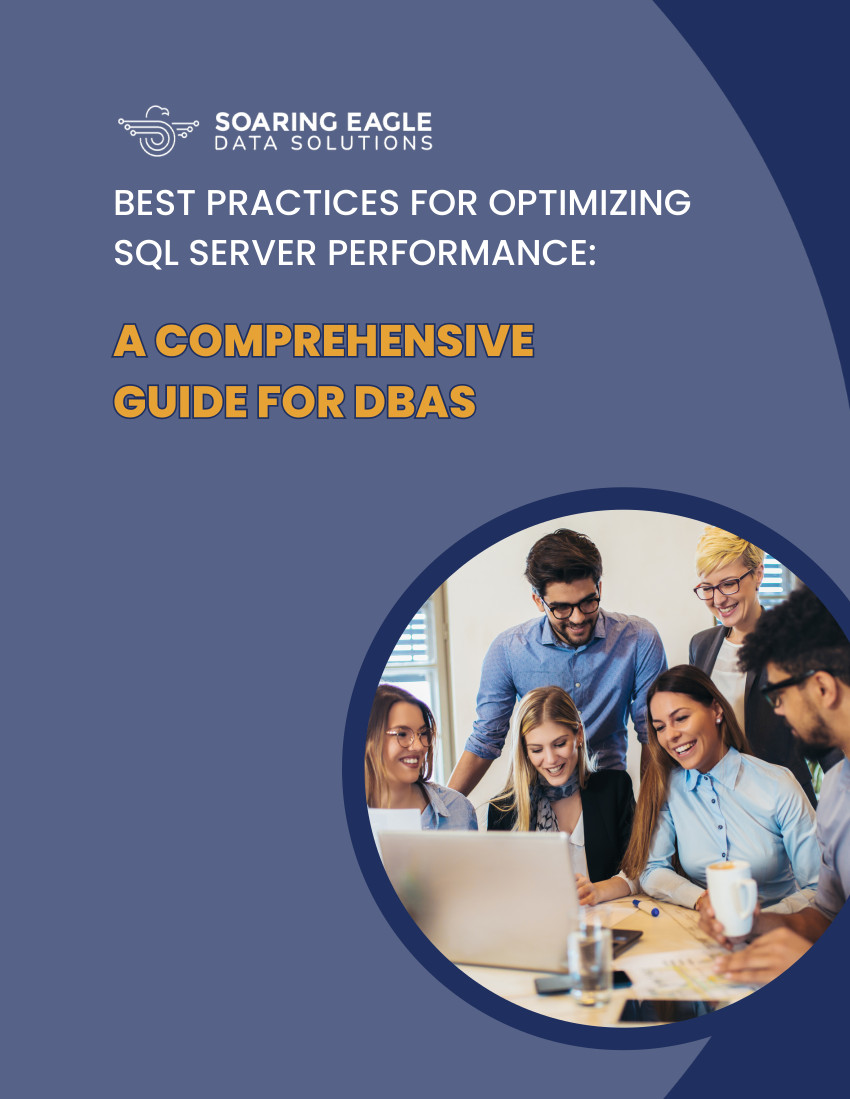In the realm of data management, Access databases and Excel sheets have long been the default go-to tools for businesses.
While these tools have their merits, they often fall short when confronted with the growing complexities of modern data. This section will outline the common pain points experienced by growing companies that are overly relying on these tools, including issues of scalability, security, and collaboration.
This section will outline the common pain points experienced by growing companies that are overly relying on these tools, including issues of scalability, security, and collaboration.
- Increasing Volume of Data:
-
- The sheer volume of data generated by businesses has grown exponentially. With the rise of IoT devices, social media, and other digital platforms, companies are dealing with vast amounts of data that need to be collected, stored, and analyzed.
- Variety of Data Sources:
-
- Data is no longer confined to structured databases. Unstructured data from sources like social media, emails, and multimedia content has become integral to decision-making. Managing and integrating diverse data types pose challenges for excel sheets and Access Databases.
- Velocity of Data Generation:
-
- The speed at which data is generated and needs to be processed has increased. Real-time data analytics and decision-making have become critical for businesses to stay competitive.
- Complex Data Relationships:
-
- The relationships between different data points have become more intricate. Businesses need to analyze not only individual data sets but also the connections between them to derive meaningful insights. The ability for query and reporting tools to ping Access and Excel sheets pales in comparison to the flexibility provided by a real database platform, such as Microsoft SQL Server
- Data Security and Compliance:
-
- With the increasing prevalence of cyber threats, ensuring data security has become paramount. Additionally, compliance with data protection regulations (such as GDPR or HIPAA) adds an extra layer of complexity to data management. MS SQL, Oracle, or even Postgres, contain layers of security measures not found in their ‘entry level’ counterparts.
- Globalization and Distributed Teams:
-
- Businesses are often operating on a global scale, and teams may be distributed across different locations. Coordinating and collaborating on data-related tasks become more challenging without robust tools.
- Keeping data clean, accurate, and updated across different teams and team members is essential, and doing this with Excel spreadsheets leaves much to be desired.
- Need for Advanced Analytics:
-
- Modern businesses are increasingly relying on advanced analytics, including machine learning and artificial intelligence, to extract valuable insights from data. Traditional tools may struggle to support these sophisticated analyses.
- User Expectations and Experience:
-
- Users across the organization expect quick and easy access to relevant data. Modern data management needs to prioritize user experience and provide intuitive interfaces for data exploration and analysis. This usually hinges on a POWER BI implementation, and the interaction with Excel is doable, but clunky and harder than it should be to maintain.


